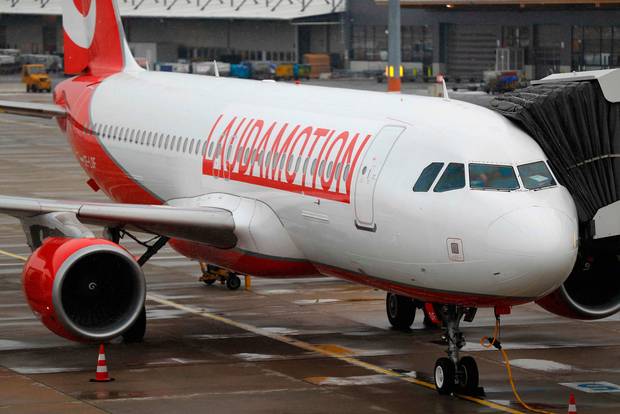Aeroflot Scales Back Superjet Flights After Fatal Crash
Sukhoi plane crash-landed on May 5, killing 41Investigation into crash is ongoingAeroflot has flown at least 129 fewer Sukhoi flights since the crashPetition to ground plane has over 200,000 signatures MOSCOW, June 3 (Reuters) -…
